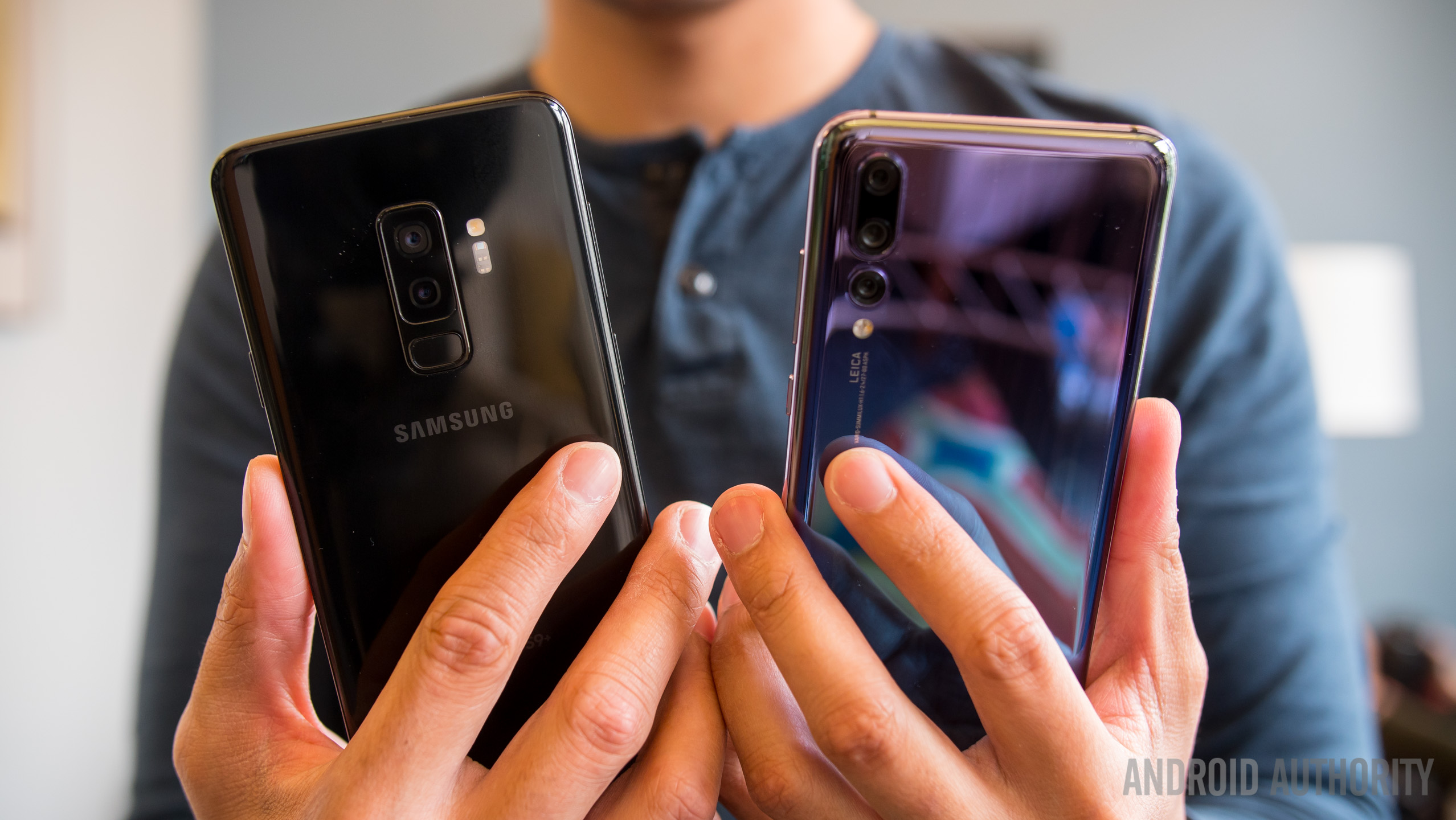Kids: ‘I hate my mom’s phone and I wish she never had one.’

- Statistical and anecdotal evidence all point to parents’ smartphone usage around their children to be a real problem.
- Kids often feel neglected and tend to act out in order to draw the attention parents are giving to smartphones to themselves instead.
- Researchers hope parents will become more aware of their smartphone use around children, and try to balance it out.
Back in May, we told you about a pair of studies which suggested parents’ smartphone use distracts them from connecting with their children. While the results of the study seemed fairly obvious, the effects of smartphones on children are relatively unknown from a scientific standpoint, and more research is needed.
Now, we have even more studies which suggest parents ignoring their children to do things on their smartphone can have profoundly negative effects on their kids’ emotional states — and we also have anecdotal evidence which suggests the children themselves are noticing.
USA Today, for example, published a story earlier this year about a group of second graders tasked with writing a paragraph or two about an invention they wish had never been created. Four of the students in the class chose smartphones as their vote for humanity’s most regrettable invention, with one child writing, “I don’t like the phone because my [parents] are on their phone every day…I hate my mom’s phone and I wish she never had one.”
The teacher who developed the writing prompt shared that child’s paper on Facebook, where it quickly garnered over 250,000 shares (the post is now set to private).
In a book called The Big Disconnect: Protecting Childhood and Family Relationships in the Digital Age, author and clinical psychologist Catherine Steiner-Adair writes about her own studies which show children feel unimportant, sad, lonely, and even mad when their parents focus on computers, smartphones, and other “screens” instead of focusing on them.
In addition, researchers from a pair of United States universities published a study in the journal Child Development which suggests parents’ smartphone usage is correlated with their children “acting out” in bids for attention.
Professionals agree that eliminating smartphones is not the answer, but is rather an awareness and moderation.
The problem, of course, is parents love using their phones, and use them to feel connected to their friends, family, and the world at large. There’s also the idea of instant gratification and dopamine rushes one gets when receiving new notifications, winning a mobile game, or publishing a particularly witty social media post. It’s hard to pull yourself away from all that to watch your child push a toy car around the floor or answer an endless stream of childish questions.
Medical professionals who are experts in child development acknowledge it’s unrealistic to expect parents to lock their smartphones away and only focus on their children. However, parents becoming more cognizant of just how much time they spend looking at a screen instead of their kids should be the goal.
In many ways, Google’s Digital Wellbeing initiative is a potential solution to this problem. Myself, I used Digital Wellbeing for a few weeks and found it to be life-altering. When you really see — in real time — just how much of your day is spent on your phone, it’s quite the wake-up call. I don’t have children so I don’t have to keep that in mind with my smartphone use, but parents out there should do their best to use the Digital Wellbeing service as soon as possible. Those of you out there with iPhones also have access to some new tools within iOS 12 that could be useful in this regard.
Being a 21st-century parent is certainly difficult, but there are tools out there that can make it easier. The most important thing is to be aware of what’s going on and do your best to give your kids the attention they need.
NEXT: Spend time with your kids with these 3 new Google Home Disney games
from Android Authority https://ift.tt/2y42Dst


Comments
Post a Comment